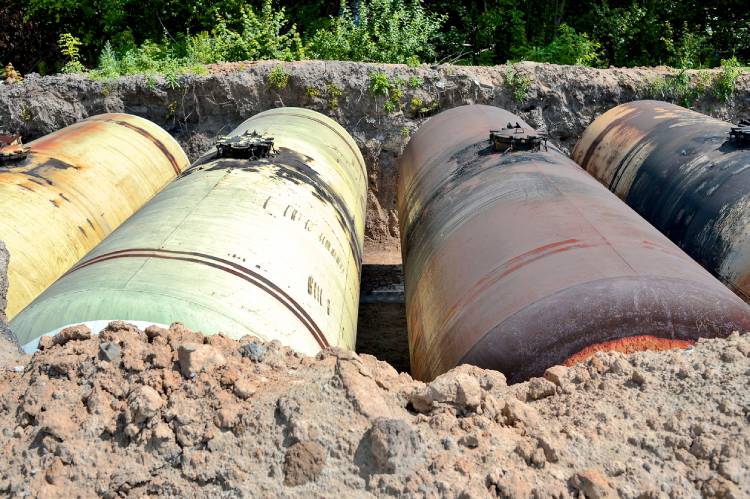
FRP Wraps & Linings Enable Flexible Repairs
As of March 2012, there were approximately 587,000 underground storage tanks that were used to store petroleum and other hazardous substances. Since these substances cannot be allowed to leak into nearby groundwater, these tanks have been double-walled since 2005. A double-walled tank is similar to double-walled hulls on oil tankers and includes a secondary wall with a space between both walls. If the inner wall is damaged and begins to leak, the substance inside the tank will only fill the space between the walls instead of leaking into the ground where it can contaminate nearby groundwater. The leaked material drains to the centerline of the tank bottom where it can be safely removed by a pump or through other means. Read more »
![]()
You must be logged in to post a comment.